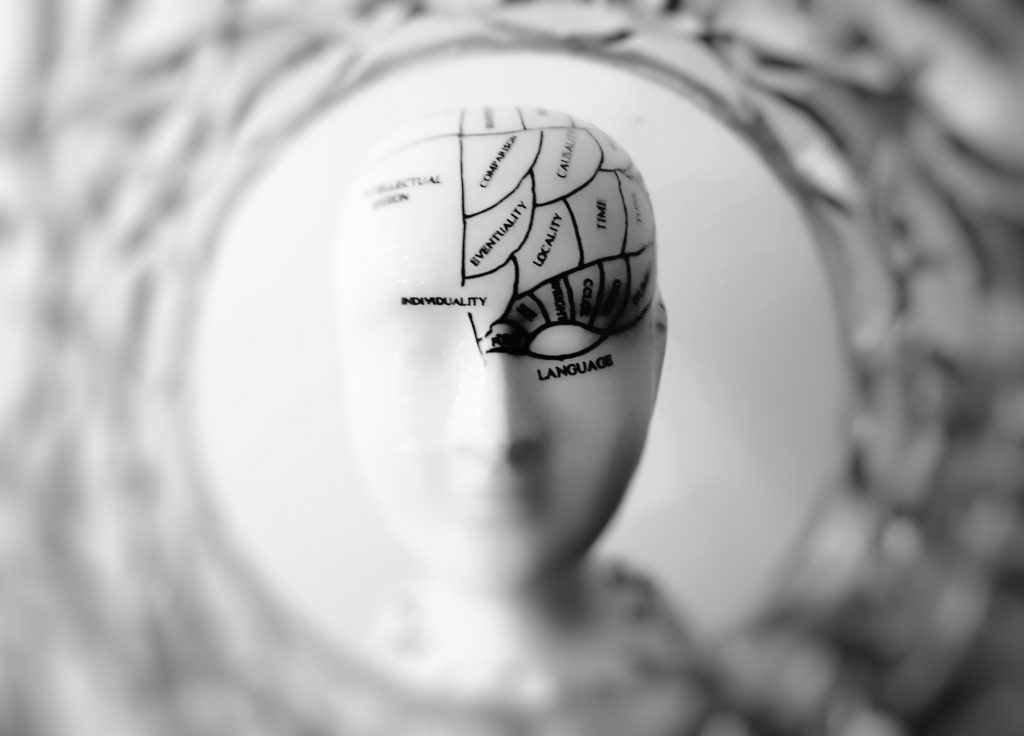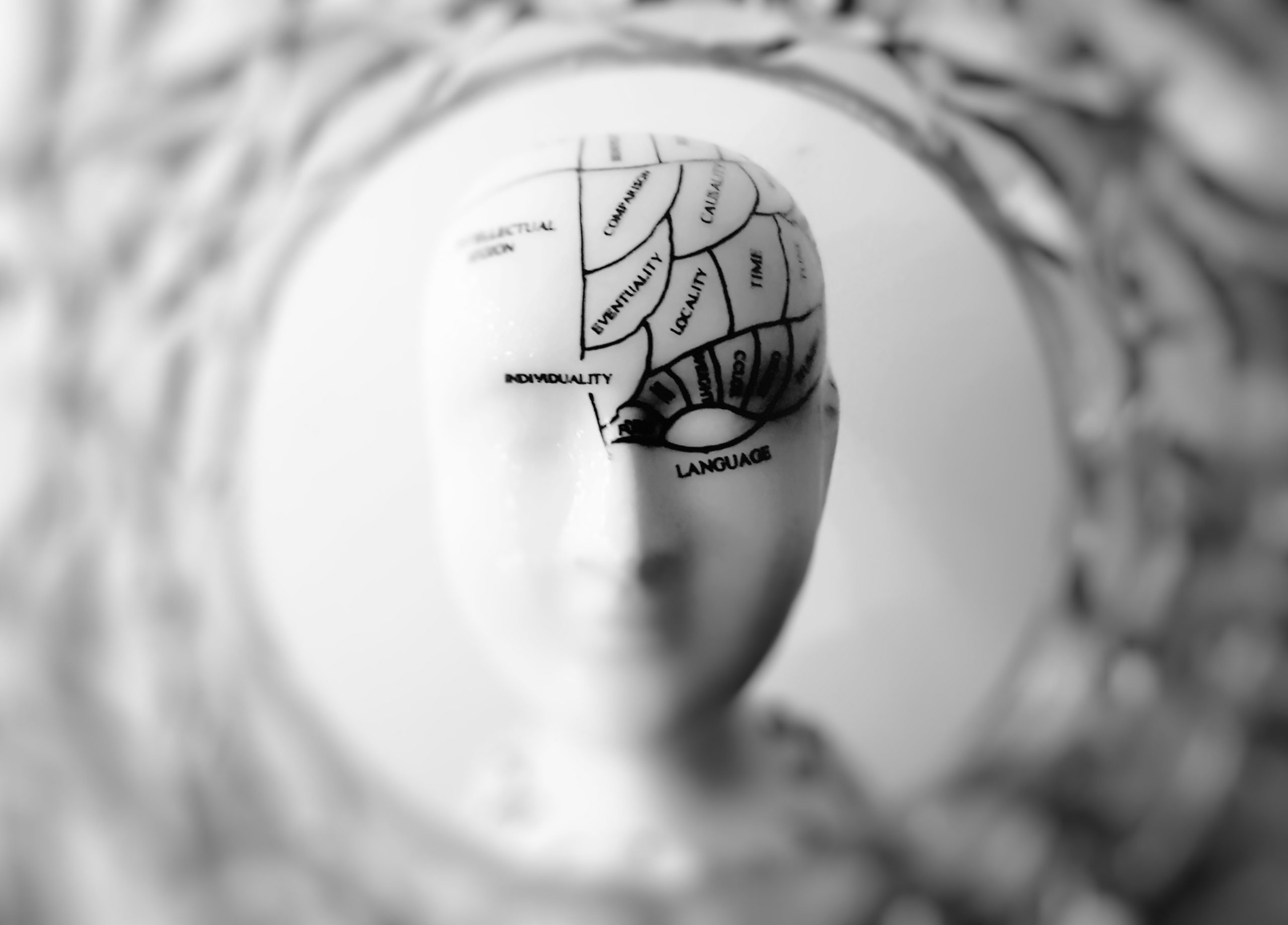In the intricate world of understanding ourselves and the universe, few subjects are as fascinating and elusive as the study of consciousness. It is a topic that has intrigued philosophers, scientists, and thinkers for centuries.
This post curates a selection of intriguing video discussions that delve into the nature of consciousness, providing various perspectives from leading minds in the field.
Contents
Consciousness, as a topic of discussion and research, has remained an enigmatic phenomenon in both scientific and philosophical communities for centuries. The reason there isn’t a consensus on the nature of consciousness primarily comes down to its inherent subjectivity and complexity.

The Nature of Consciousness (Federico Faggin)
Federico Faggin is a physicist, inventor, business person, engineer, and writer. He made the first microprocessor at Intel in 1971 and developed the MOS Silicon Gate Technology at Fairchild in 1968. He’s also started tech companies like Zilog and Synaptics. In 2011, he started the Federico and Elvia Faggin Foundation for studying consciousness.
According to his theory, consciousness and free will are at the heart of everything, from quantum information to quantum physics, and then to classical physics.
Three important points of this theory are:
- Conscious experience is where original ideas and creativity come from.
- It solves a common issue found in other similar theories.
- Normal computers can’t be conscious.
Consciousness is Not a Computation (Roger Penrose)
In this insightful discussion with Lex Fridman, eminent physicist Sir Roger Penrose delves into one of his most well-known hypotheses about consciousness — that it is fundamentally non-computational.
Sir Roger Penrose has long been a critic of the viewpoint that consciousness is purely a product of computation. His primary arguments against this idea are encapsulated in the Orchestrated Objective Reduction (Orch-OR) theory, which he developed in collaboration with anesthesiologist Stuart Hameroff.
In collaboration with Stuart Hameroff, Penrose developed the Orch-OR theory, which posits that consciousness originates at the quantum level inside neurons, rather than the conventional view that it’s the product of connections between neurons. This theory suggests that quantum computational processes in the microtubules within brain cells collapse due to a mechanism (objective reduction) linked with space-time geometry, which is essentially non-computable.
Here you can find a longer discussion on the nature of consciousness between Sir Roger Penrose and Jordan Peterson.
Consciousness is a Computation (Demis Hassabis)
World-renowned AI researcher and co-founder of DeepMind, Demis Hassabis, presents his compelling viewpoint on consciousness as a form of computation. Drawing from his vast experience in the fields of artificial intelligence and neuroscience, Hassabis argues that consciousness is a form of highly complex computation enacted by the brain.
He explores the fascinating intersection of AI, neuroscience, and consciousness, delving into the capabilities of artificial intelligence and its potential to emulate conscious thought processes. Hassabis also discusses how an improved understanding of the brain’s computational processes could lead to breakthroughs in developing more sophisticated AI, potentially capable of conscious-like computations.
